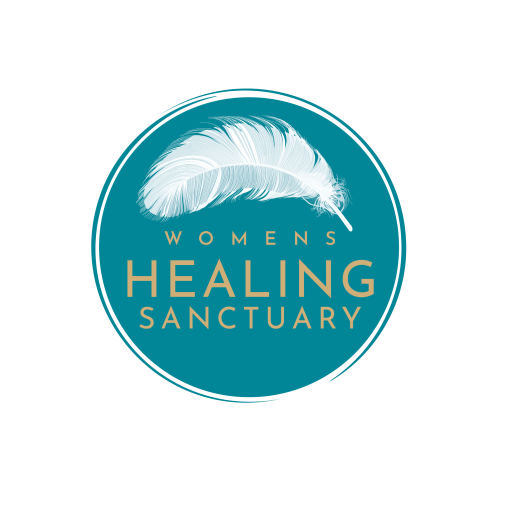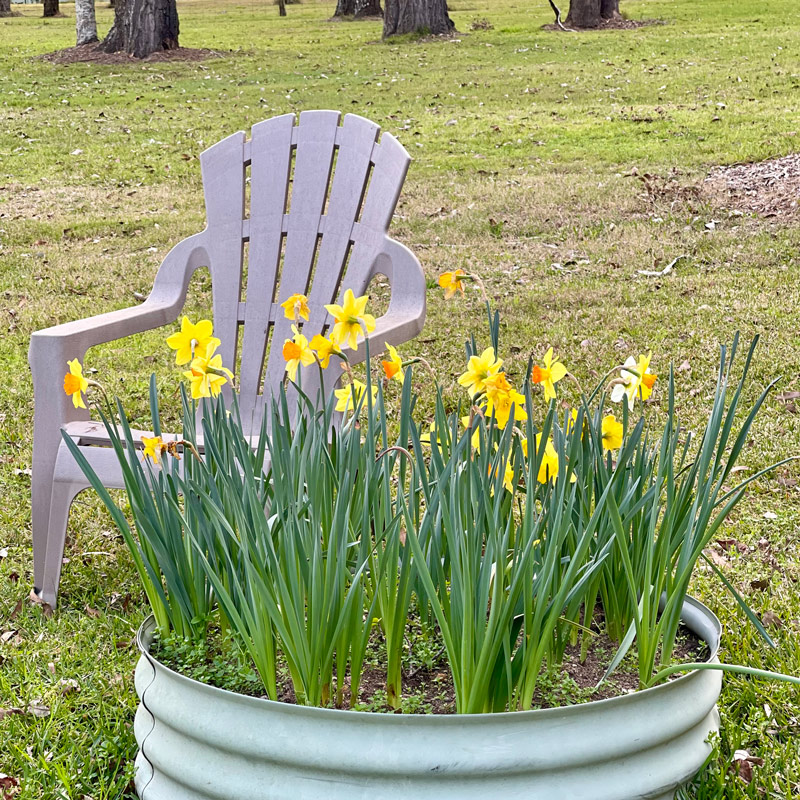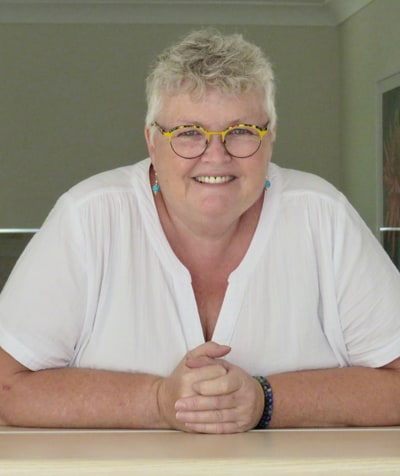A Brief Anatomy of
Grief & Loss
. . . . because TODAY IS GRIEF AWARENESS DAY
ANY LOSS CAN CAUSE GRIEF.
Slowly read that again . . . . pause . . . . take a breath and let it sink right in as much as it needs to. If it brings up an emotional response, then just stop reading and allow it to have expression. In fact, if it does happen you may not even need to read this blog.
The first thing most people associate with grief is death, the loss of someone much loved.
Indeed, it causes heart-wrenching pain.
However, death is only ONE type of loss and there are multitudes more that may cause deep grief. For example, divorce and separation can trigger many losses:
- loss of relationship
- loss of role
- loss of identity
- loss of security
- loss of trust
- loss of home
- loss of your family unit
- loss of role
- loss of extended family
- loss of friendships
- loss of your familiar tribe
- loss of equanimity
- loss of financial stability
- loss of safety
- loss of future dreams
- loss of expectations
- loss of material gains
- loss of certainty
- loss of beliefs once held
- loss of confidence . . . . and the list could be endless.
Long lists of losses could also be written for many things we experience during our life! However, they are not always recognised as such, thus the associated grief is failed to be acknowledged or even recognised. If it isn’t a death, the loss can often be misunderstood or dismissed by others or ourselves. Tucked away in the secret place inside where we distance and protect ourselves from all things uncomfortable or fearful and we move on, or not. Our mind may not be aware, but our bodies remember.
Anatomy of Grief
From my career of working with grieving people and by reflecting on their reactions/responses to crisis (there is loss in every crisis), I eventually formed my own simple anatomy of grief:
1. Behind the tears, anger, fight, resistance, judgment, blame or denial, is fear.
2. Behind the fear is grief/sadness.
3. Behind the grief is loss.
Grieving requires safety. If we feel judged or blamed for our loss (or our reactions to our loss), it is hard to feel safe enough to connect with the accompanying grief. Especially if the judgment or blame comes from the self, which can be a response to our conscious or unconscious beliefs.
We are each unique, and how (or if) we move through numbers 1 to 3 depends on multiple factors (our story, history, personality, resilience etc). Crisis throws most people instantly into a survival mode which makes us get through as best we can without even realising we may have the choice or there may be other ways. But the bottom line is, that grieving losses can be the very action that can dissolve our fears. Fear distances us from being able to give and receive love, so when fears are removed there is suddenly more room within us for love. We can be gentler and more compassionate with ourselves and others. The crisis may still be there, but we now have space within us to hold ourselves more tenderly through our loss. Resisting grief and loss consumes much energy whether we realise it or not. Perhaps that is why many people experience huge relief and even deep tiredness after connecting with their loss and the associated grief.
Connection to loss may not necessarily mean an overwhelming response of tears and pain. For some, honestly recognising and acknowledging the loss and the grief it contains, may be like opening a backdoor to our highly defended mind and is simply able to be let go.
You may like to take some time alone to make your own list of the losses you have experienced in your life. Reflecting on how they impacted you (positively or negatively) can be an interesting exercise that may hold surprises and healing for you too.
Go gently
Janine
Please note: this subject could never be fully covered in a book let alone a small blog post but I hope it offers a simple understanding of a complicated yet profoundly impacting dynamic we all experience.


